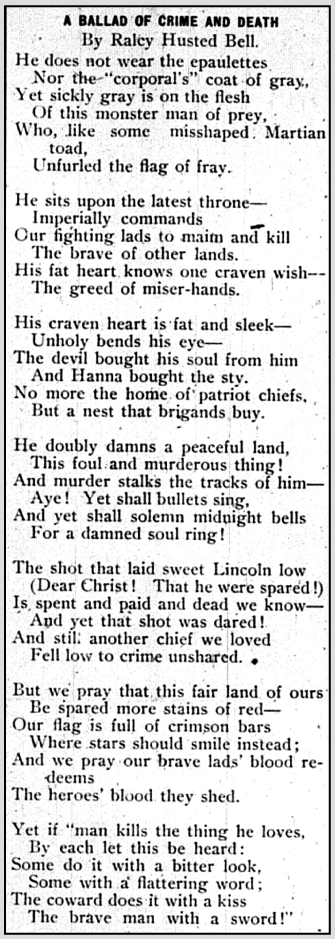 —————
—————
Hellraisers Journal – Thursday July 25, 1901
Pullman’s Injunction Judge, William Woods, Is Dead
From the Social Democratic Herald of July 20, 1901:
Debs and Judge Woods
The death of Judge Wm. A. Woods of the United States circuit court naturally brings up a chain of thought which may be useful and instructive at this time. Woods was the judge who prostituted his high and exalted office to serve the railways and crush the laboring men who were struggling for enough of the products of their labor to keep their families from starving. He it was who sent Eugene Debs to prison [at Woodstock, Illinois] for six months [in 1895] without trial for “contempt” of his most contemptible court, simply because Debs opposed with manly firmness the usurpations of this judicial scoundrel. It was this same judge Woods who set free “Blocks of Five” Dudley and the other bribers and ballot-box stuffers at Indianapolis in 1880, and was promoted from the district to the circuit court by the republican administration for his rascality. In his charge to the jury Judge Woods said that “advising or counseling bribery is not punishable unless briery is committed.”
In the coming time when the co-operative commonwealth shall have been established, when each man shall receive the product of his toil and have time and leisure to think upon the various steps and acts which have led up to industrial emancipation, then these two men, Debs and Woods, will each be held in proper estimation by the world. Posterity alone can properly write epitaphs. The memory of Debs will then be revered as one willing to suffer for his fellow men, while Woods will rank with Judas Iscariot, Grover Cleveland and Benedict Arnold.
[…..]
All the robber elements of this country will pronounce encomiums upon Judge Woods, while they have and will continue to cast odium upon Debs. But posterity will pass just judgment upon these two men, and memory of Debs will be enshrined in glory, while that of Woods will be shrouded in eternal infamy.-Equality, Deadwood, S. D.
—————
[Photographs and emphasis added.]

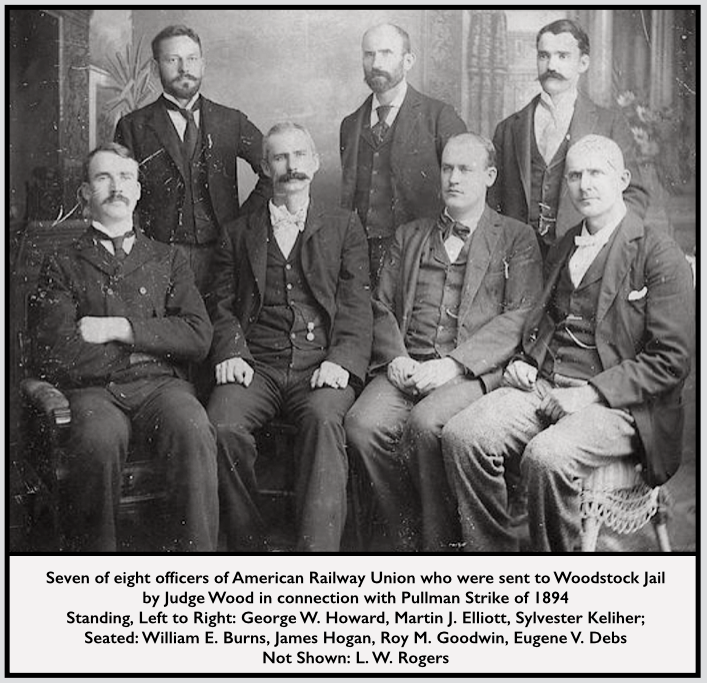
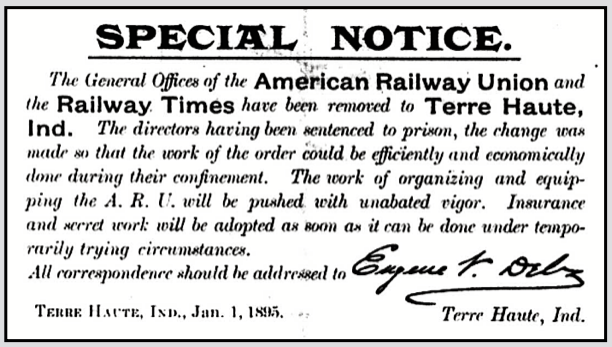
 —————–
—————–![From The Progressive Woman of July 1911:The above picture includes most of the delegates to the Unity Convention of 1901 the convention where the Socialist party came into existence. It was held at Indianapolis, Indiana, beginning July 29. The picture was taken on the east front of the state capitol. A number of the faces will be familiar to many readers.There were about one hundred and twenty-five delegates present, among whom were the following women: Corinne S. Brown, Martha A. Biegler, Margaret Haile, Elizabeth H. Thomas, Sula Lowrie, Mrs. Max S. Hayes, Martha H. McHugh and Carrie Rand Herron.The Unity Convention was called for the purpose of attempting to unite the various Socialist parties of the country. The largest of these were the Social Democratic Party and the Springfield wing of the Socialist Labor Party. The other wing of the Socialist Labor Party did not take part in the convention. State parties in Iowa, Kentucky and Texas, not affiliated with any national organization, were represented.The various factions that united in calling the convention had patched up their differences sufficiently to support the same ticket the year before. Animosities were very bitter, however. Had it not been for the withdrawal of various local and state organizations from the national organizations, thus decreasing their membership, it is hardly probable that the two national organizations could have been persuaded to consent to try to form an organic union.The main actions of the convention were the adoption of a national constitution, a national platform, a resolution on Socialism and trade unionism, a resolution on injunctions, and a resolution on the negro question.The platform came in for a hot discussion, especially the immediate measures. As adopted, it contained, among others, a provision for "equal civil and political rights for women."The resolutions were also warmly discussed. In fact, everything was warmly discussed. Socialists are always very earnest in their debates, and the bitter feelings which the delegates brought along made them especially earnest at that convention.But the great debate came on the constitution. Hot does not begin to express it. It was scalding, vitriolic. All the rancor in the hearts of the delegates was poured out in blistering words. At times it seemed to the most optimistic that unity was hopeless, and that we must disperse and go back to our several locals with the doleful confession that we had failed in our mission. But, out of it all came agreement-agreement on the famous Section Four of Article Twelve. Get out your national constitution and read it. It is historic. It is the state autonomy provision. Around it raged the battle as to whether we could organically unite. Its adoption made unity possible.Then came better feelings and a great relief. We went home with joy in our hearts, because we bore the glad tidings of a solidified Socialist Party-united-facing the enemy.---------------[Emphasis added.]](https://weneverforget.org/wp-content/uploads/2021/07/Delegates-to-Unity-Founding-Convention-of-SPA-July-Aug-1901-Prg-Wmn-p3-July-1911.png)
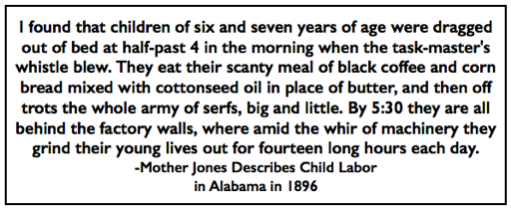 ———-
———-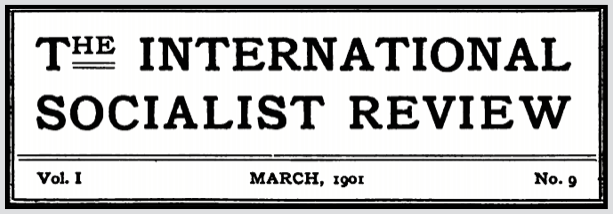

 ———-
———-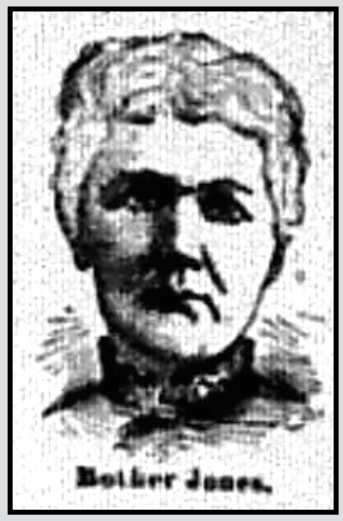 ———-
———-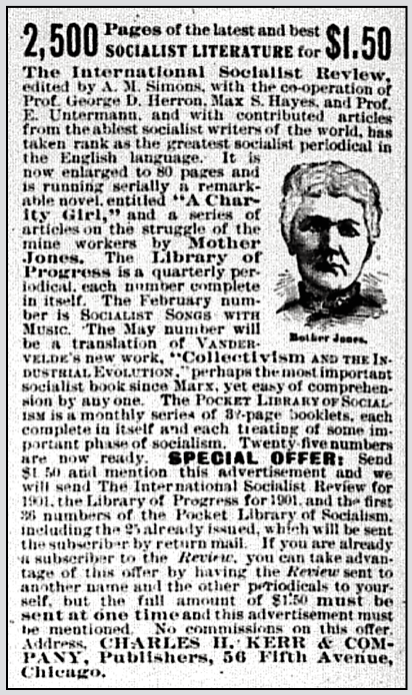
 ———-
———-
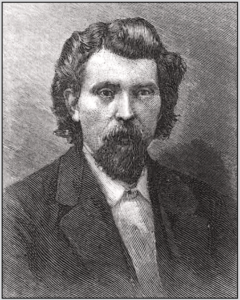
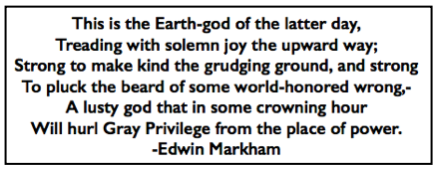 ———-
———-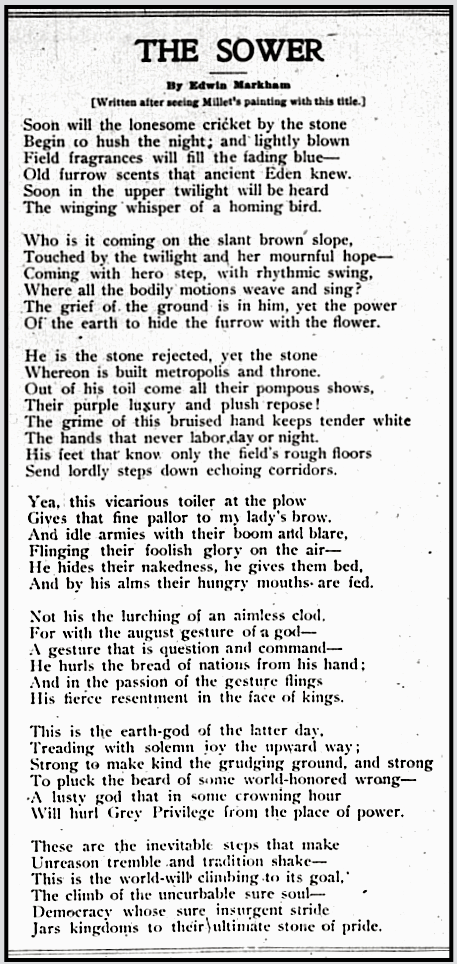
 ———-
———-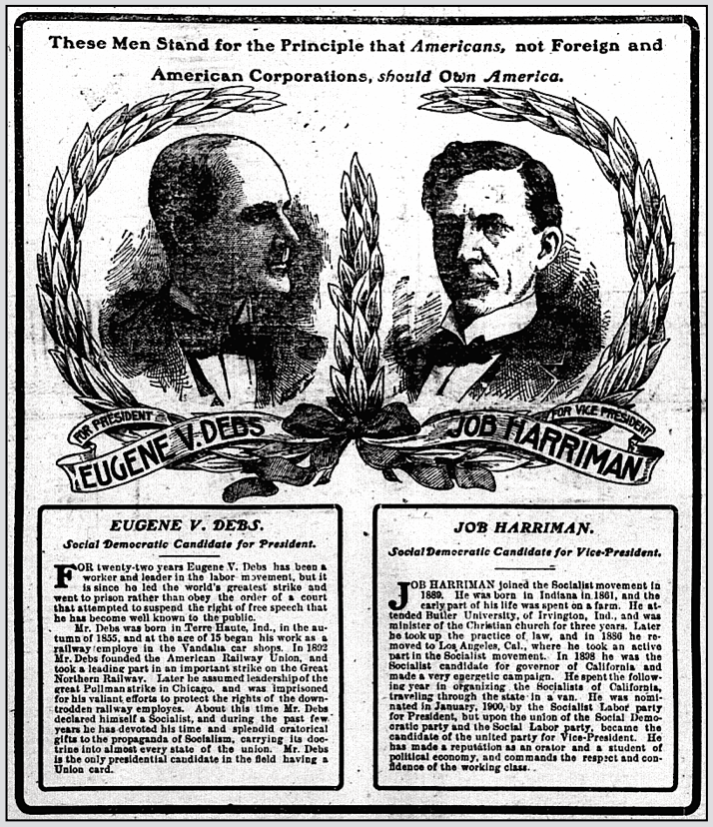
 ———-
———-
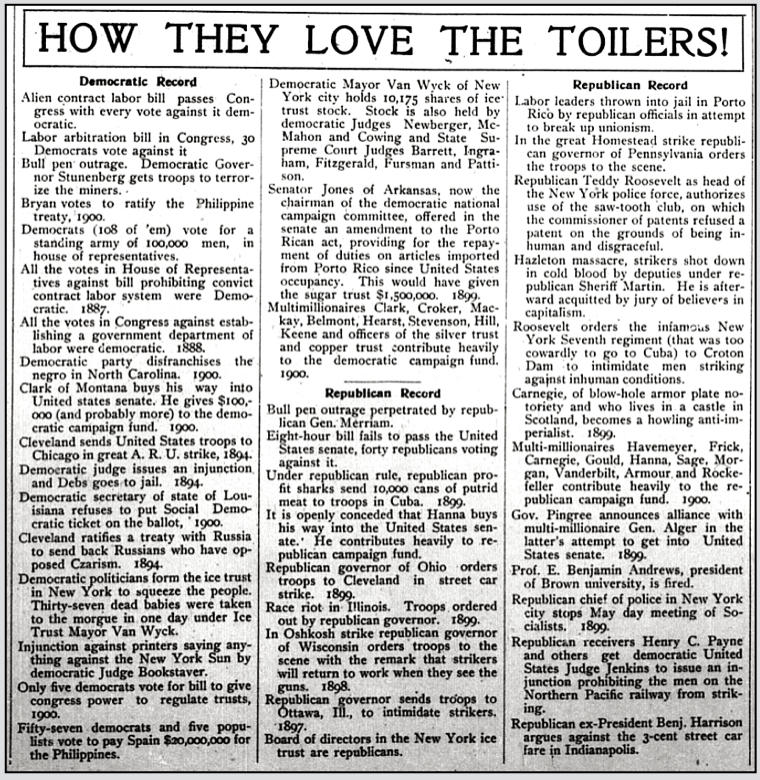
 ———-
———-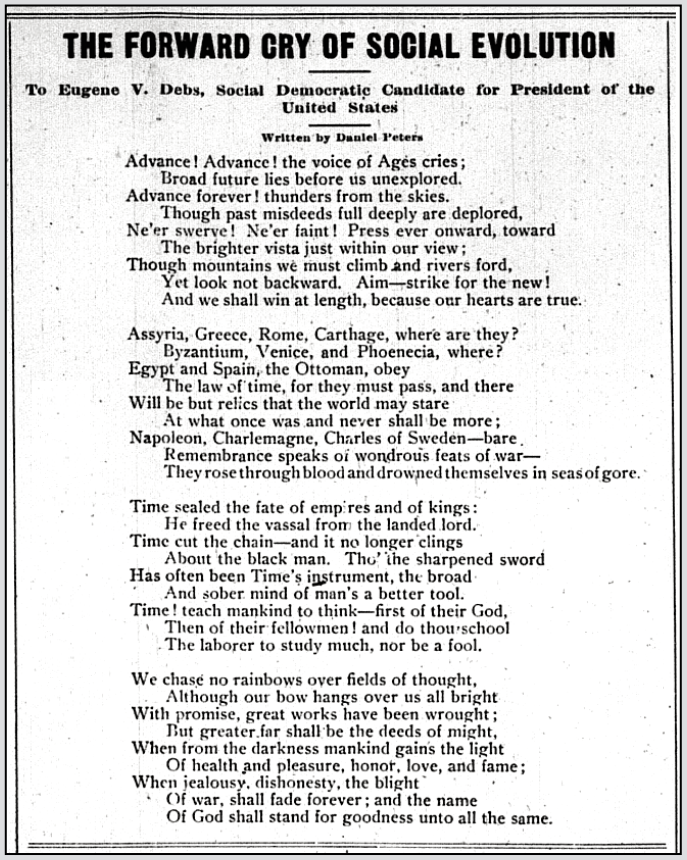
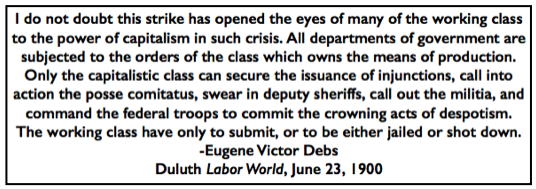 ———-
———-